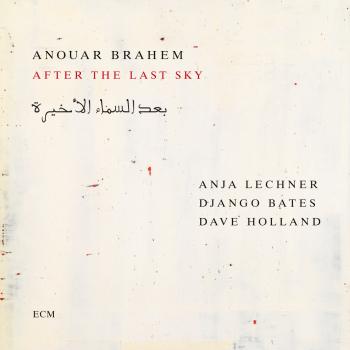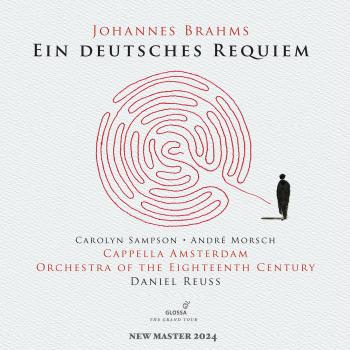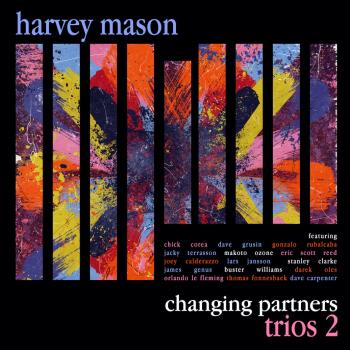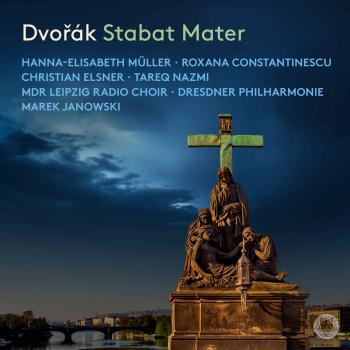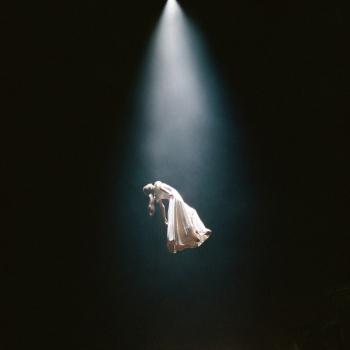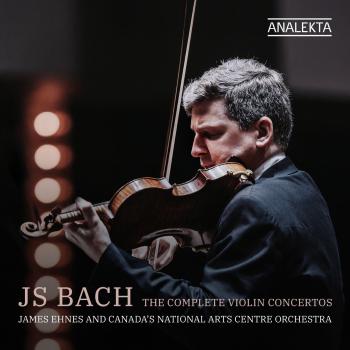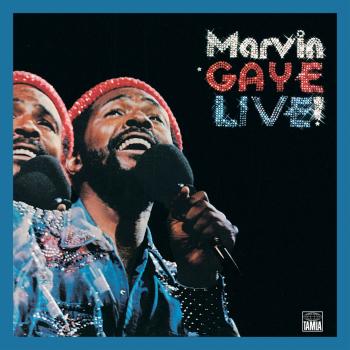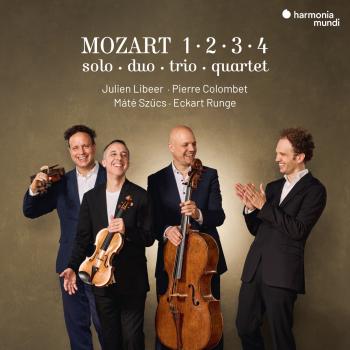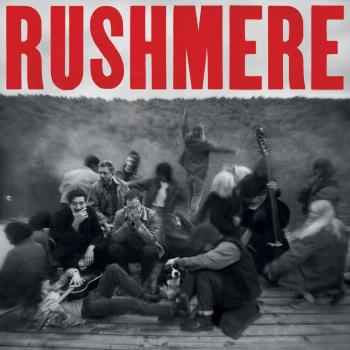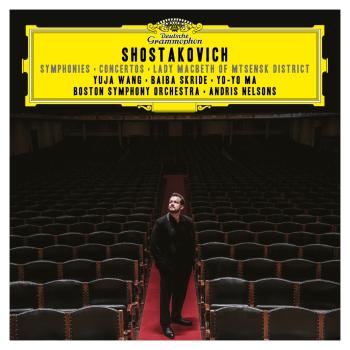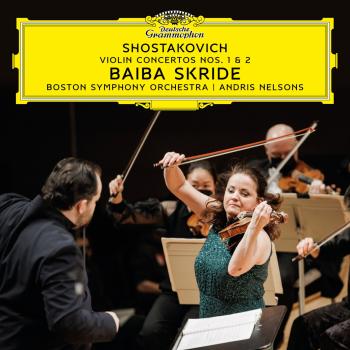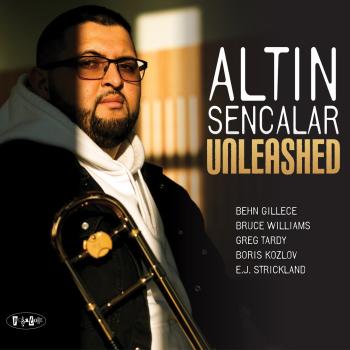
Béla Bartók: Concerto III for Piano and Orchestra László Borbély, Savaria Symphony Orchestra & János Kovács
Album Info
Album Veröffentlichung:
2023
HRA-Veröffentlichung:
28.11.2023
Label: Hunnia Records
Genre: Classical
Subgenre: Concertos
Interpret: László Borbély, Savaria Symphony Orchestra & János Kovács
Komponist: Béla Bartók (1881-1945)
Das Album enthält Albumcover Booklet (PDF)
- Béla Bartók (1881 - 1945): Concerto III. for Piano and Orchestra:
- 1 Bartók: Concerto III. for Piano and Orchestra, I. Allegretto 07:21
- 2 Bartók: Concerto III. for Piano and Orchestra, II. Adagio religioso 10:08
- 3 Bartók: Concerto III. for Piano and Orchestra, III. Allegro vivace 06:33
Info zu Béla Bartók: Concerto III for Piano and Orchestra
For a pianist, Béla Bartók’s piano concertos are a central reserve of power. These works are worth the almost forty years that were spent wearing down the piano chair. These works are essential building blocks of ‘pianism’.
To speak of Bartók, the composer (and thus this music), is an almost impossible undertaking. But why should I? People more qualified than me have already done it. What is the difficulty? Perhaps primarily because in his case, ‘great’, or ‘one of the greatest’, ‘greatest ever’,... categories all tend to dissipate. Bartók is a trademark. Hungarikum, if you like.
A trademark that feeds on his Hungarian roots, the fixed idea of the brotherhood of peoples and the silence of the universe. To play Bartók is ultimately to realise our own smallness. This is the superabundance that enhances an artist's day, again and again. It is this 'biblical' vision, so to speak, that always – and ever more forcefully and insistently – tears the first laborious step towards excellence...out of me. Playing Bartók is particularly difficult. Learning from him is a goldmine. To be grateful to him is a must. I owe a debt of gratitude to everyone who has stood by me in this endeavour. László Borbély
László Borbély, Steinway „D” model Grand Piano
Savaria Symphony Orchestra
János Kovács, conductor
László Borbély
He was born in 1984. In 2007 he got his diploma with honours (Master of Music in Performance and Teaching) then his doctoral degree (Doctor of Liberal Arts) at the Ferenc Liszt Academy of Music Budapest, where he is an assistant professor of Piano Faculty. He played concerts at international festivals such Encuentro de Música y Academia de Santander (Spain), International Holland Music Sessions in Bergen (The Netherlands), TCU/Cliburn Institute in Fort Worth (USA), FestivaLiszt in Grottammare (Italy), Liszt Festival in Raiding (Austria), Liszt Festival in Bayreuth (Germany), International Bartók Festival Ankara (Turkey), International Conservatory Week Festival Saint Petersburg (Russia), Festival der Klänge in Vienna (Austria), CAFe Budapest Festival, Budapest Spring Festival (Budapest), Beethoven Festival Martonvásár (Hungary), etc. He won numerous prizes at national and international competitions. He won 2nd Prize and a special prize for the best performance of the set piece at the EPTA International Piano Competition in Osijek (Croatia) in 2001. In 2002, he won the Yamaha Scholarship Award and also two 2nd and one 3rd prizes in different divisions of the Los Angeles International Liszt Competition where he won two special prizes too: prize for the „most artistic performance” and a special prize of the American Liszt Society.
János Kovács
After obtaining his college diploma, he swiftly found a position as a répétiteur with the Hungarian State Opera, and then signed on as a conductor in 1976. For three years in a row (1979-81), he worked as musical assistant at the Bayreuth Festival. He also served as the Opera's chief conductor from 1987 to 1990. He regularly conducts concerts with all of Hungary's leading orchestras, and was also formerly principal conductor of the Slovenian Philharmonic Orchestra. A regular guest conductor at the Tokyo Philharmonic since 1992, he was made its principal guest conductor in 1998. He has guest conducted in numerous European cities, including touring in Berlin and London with the Opera's company, and in Germany and Brazil, among other countries, with the Hungarian National Philharmonic. Made principal conductor of the Budapest Philharmonic in 2001, he also served as acting principal musical director in 2003, as well as from 2006 to 2007. Between 2007 and 2014 he has been the Hungarian State Opera's principal conductor. János Kovács is regularly invited to conduct the leading Hungarian symphony orchestras with a demanding repertoire that ranges from classical and romantic operas and symphonic pieces to contemporary music. A regular guest conductor of the three major orchestras of Budapest, and has also worked widely with the Budapest Festival Orchestra. He was the chief conductor of Savaria Symphony Orchestra.
Savaria Symphony Orchestra
The Savaria Symphony Orchestra has become one of the most significant representatives of Hungarian music in the past few years. Its repertoire includes classical and romantic compositions and music from the 20th century. Besides performing as a symphony orchestra, the musicians of the ensemble frequently feature at opera galas of very high artistic standard. The orchestra regularly performs at various Hungarian and international festivals including International Bartók Festival and Seminar, Iseum Festival. For its outstanding quality of work, the orchestra received the Béla Bartók-Ditta Pásztory Award in 1990. The Orchestra is also renowned for being a successful performer of contemporary music. The professional artistic standard represented by the orchestra is justified by a series of concerts broadcast in the radio, on TV and on LPs. The orchestra is well known all over Europe. It has performed in France, Germany, The Netherlands, Austria, Slovakia, Luxembourg, Switzerland, Ireland, Turkey, Italy and other countries of Europe, as well as in South Korea. The Orchestra has performed with world-famous conductors and soloists including Kobayashi Ken-Ichiro, John Cage, Tamás Vásáry, Colman Pierce, Péter Eötvös, János Ferencsik, Gidon Kremer, Pavel Kogan, Natalia Guttmann, Miklós Perényi, Csaba Onczay, Zoltán Kocsis, Vilmos Szabadi, and many others.
Booklet für Béla Bartók: Concerto III for Piano and Orchestra

